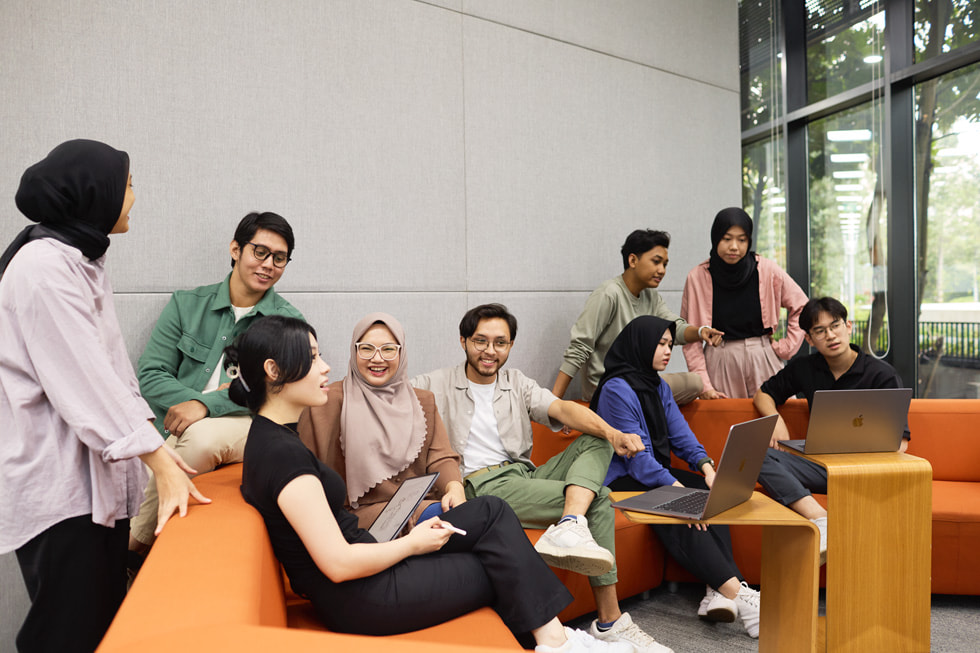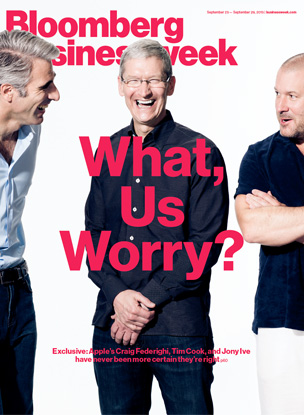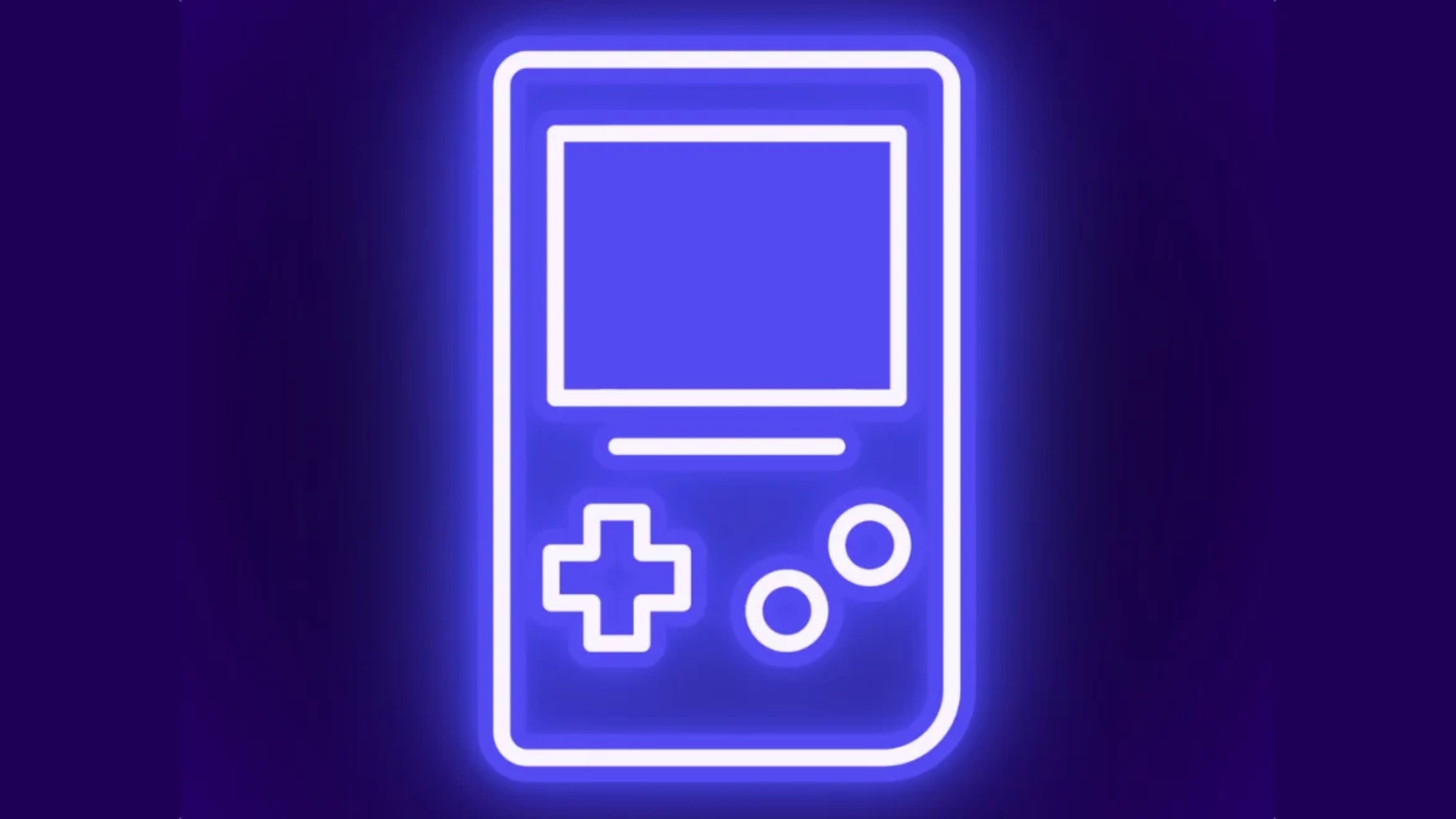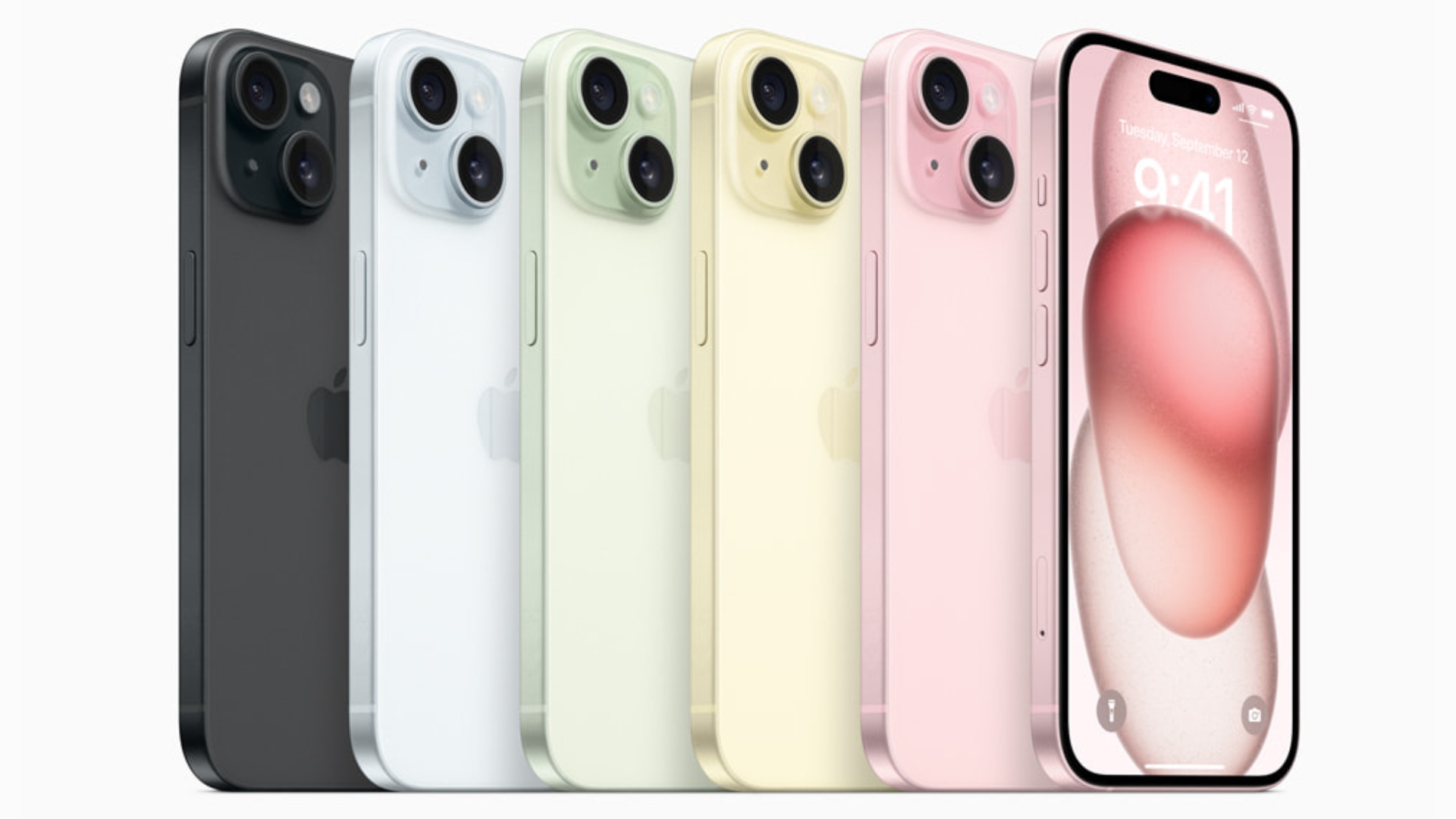
New is Easy, Right is Hard, Craig Federighi Says

In a lengthy interview published by BusinessWeek this morning, Sam Grobart sat down with Apple CEO Tim Cook, SVP of Software Engineering Craig Federighi, and SVP of Design Jony Ive, to discuss a number of topics such as the new iPhones, competitors, and the recurring “Apple’s doomed” and the “lack of innovation”.
For all who awaited the iPhone 5c to be a low-cost iPhone, the launch was a disappointment: the colourful handset retails for $599 unlocked (16 GB) version in Canada, but it indeed costs half of the iPhone 5s price if you purchase it with a two-year contract ($99 in the US, $129 in Canada). So what was Apple’s objective when designing the iPhone 5c? Here is what Cook has to say about it:
“We never had an objective to sell a low-cost phone,” says Cook. “Our primary objective is to sell a great phone and provide a great experience, and we figured out a way to do it at a lower cost.”
Apple has managed to grab a big chunk of the global smartphone market, but Android has grown to become the world’s most popular smartphone OS. Just eight years ago, Palm was the top operating system in the US, but that changed rapidly: in just six years, Android took over at the top of the list. Here is how Apple executives comment the Android/iOS fight for market share:
“I think it’s even more a two-operating-system world today than it was before,” Cook says. But, he adds, “when you look at things like customer satisfaction and usage, you see the gap between Android and iOS being huge.”
“Does a unit of market share matter if it’s not being used?” Cook asks. “For us, it matters that people use our products. We really want to enrich people’s lives, and you can’t enrich somebody’s life if the product is in the drawer.”
Then there’s the matter of Android’s fragmentation into many versions. “I don’t think of Android as one thing,” Cook says. Unlike Apple, which makes one operating system and releases a major upgrade periodically, Google creates new versions of Android, but not all Android users have been able to upgrade to the latest release. Since Android is often heavily modified by both handset makers and wireless carriers, updates can be delayed as multiple parties coordinate their schedules. Google says 45 percent of its users are on the latest version of Android, “Jelly Bean.” But 31 percent are still on “Gingerbread,” which came out at the end of 2010. An additional 22 percent are on “Ice Cream Sandwich,” which was released in October 2011. According to Apple, 93 percent of its users were on iOS 6 at the end of June (iOS 7 was made available on Sept. 18).
The has company faced “lack of innovation” accusations lately from multiple corners. Those were somehow cooled down by Steve Wozniak, who, speaking with BBC, said that you don’t innovate every year. Here is how Apple execs commented on these accusations:
The line against Apple is that its pace of innovation is off, but Ive and Federighi dismiss that. The two are keen to point out not just new features, but also the deep layers of integration that went into each one. Of the 5S’s fingerprint scanner, Ive says, “there are so many problems that had to be solved to enable one big idea.” Without mentioning competitors (Samsung), it’s clear the two executives think some of what passes for innovation is illusory at best. “We didn’t start opportunistically with 10 bits of technology that we could try to find a use for to add to our features list,” Ive says.
“New? New is easy. Right is hard,” Craig Federighi said.
The whole interview is worth reading. You can check it out here.

